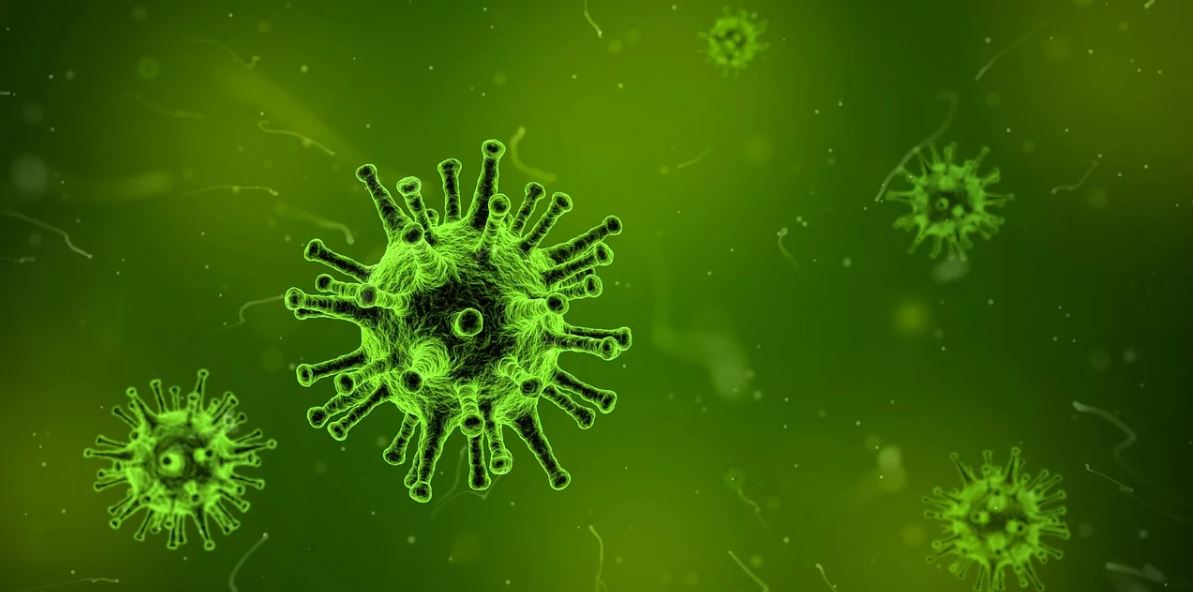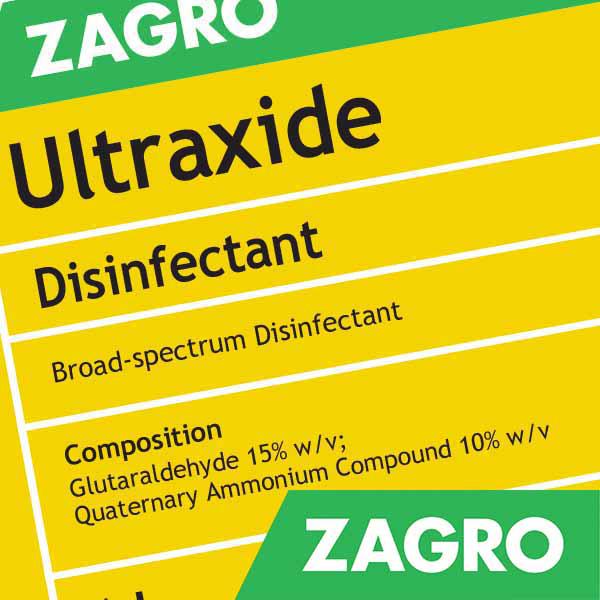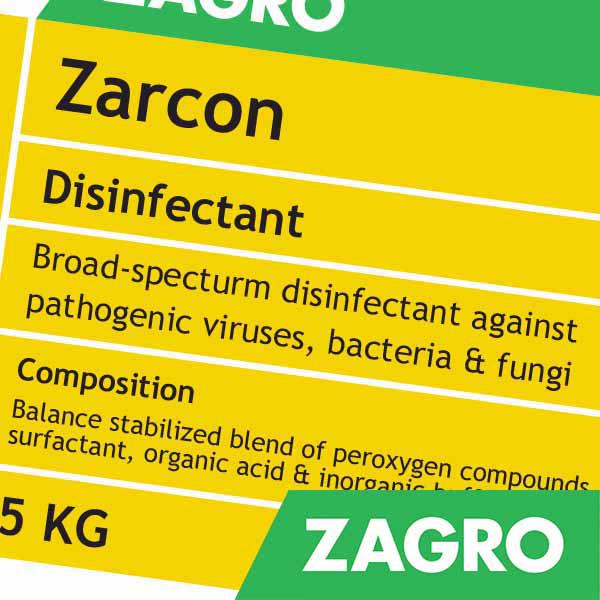
Viral disease is one of the main agents which cause diseases in poultry and livestock. Viral disease can reduce flock performance, productivity & profits, increase mortality and even transmit disease from animals to human (Zoonotic diseases).
Coronaviruses are viruses in the subfamily Orthocoronavirinae in the family Coronaviridae, in the order Nidovirales. Coronaviruses are enveloped viruses with a positive-sense single-stranded RNA genome and with a nucleocapsid of helical symmetry.
The name “coronavirus” is derived from the Latin corona and the Greek κορώνη (korṓnē, “garland, wreath”), meaning crown or halo. This refers to the characteristic appearance of virions (the infective form of the virus) by electron microscopy, which has a fringe of large, bulbous surface projections creating an image reminiscent of a royal crown of the solar corona.
Coronaviruses are a group of viruses that cause diseases in mammals, including human and birds. In human, the virus causes respiratory infections which are typically mild but, in rare cases, can be lethal. In cows and pigs they may cause diarrhea, while in chickens it can cause an upper respiratory disease.
Coronaviruses are genetically highly variable, and individual virus species can infect several host species by crossing the species barrier. Few coronavirus types have become zoonotic, such as ASRS, MERS, and the recent 2019-nCoV, more commonly known as the Wuhan coronavirus. Zoonotic means it could jump from animals to human. Some could spread from animals to human, human to human, and human to animals.
In poultry, avian infectious bronchitis virus (IBV) is a coronavirus which infects chickens, causing the associated disease, infectious bronchitis (IB). It is a highly infectious avian pathogen which affects the respiratory tract, gut, kidney and reproductive system of chickens. There is also evidence that IBV can infect other avian species. IBV affects the performance of both meat-producing and egg-producing chickens and is responsible for substantial economic loss within the poultry industry.
Swine porcine respiratory coronavirus infects piglets of all ages, causing subclinical or mild respiratory disease. Clinical signs may include mild fever with variable degrees of dyspnea, polypnea, and anorexia.
Bovine coronaviruses (BCoV) causes respiratory and enteric infections in cattle. Bovine CoV is a pneumoenteric virus that infects the upper and lower respiratory tract and intestine. It is shed in both feces and nasal secretions and also infects the lung.
Coronavirus in cats, or feline infectious peritonitis, is a viral disease caused by certain strains of feline coronavirus. Though most strains of feline coronavirus do not cause the disease to occur, some strains can cause symptoms that range from mild to severe. These strains may also mutate in the cat’s body, becoming feline infectious peritonitis virus.
A canine coronavirus infection (CCV) is a highly contagious intestinal disease that can be found in dogs all around the world. This particular virus is specific to dogs, both wild and domestic.
Canine Coronavirus (source)
ZAGRO bio security, farm hygiene practice and efficacy of disinfectant application are key points to the success of animal’s important disease prevention method.
Some type of corona virus is considered to be sensitive to ZFH disinfectant products.
The choice of disinfectants to use includes Ultraxide which contains two active ingredients, namely glutaraldehyde and alkyl benzyl dimethyl ammonium chloride as a subclass of quarternary ammonium compounds (QACs).
Ultraxide is a product that can deactivate any virus including enveloped and non-enveloped virus.
 |
 |
SUBSCRIBE
NOW